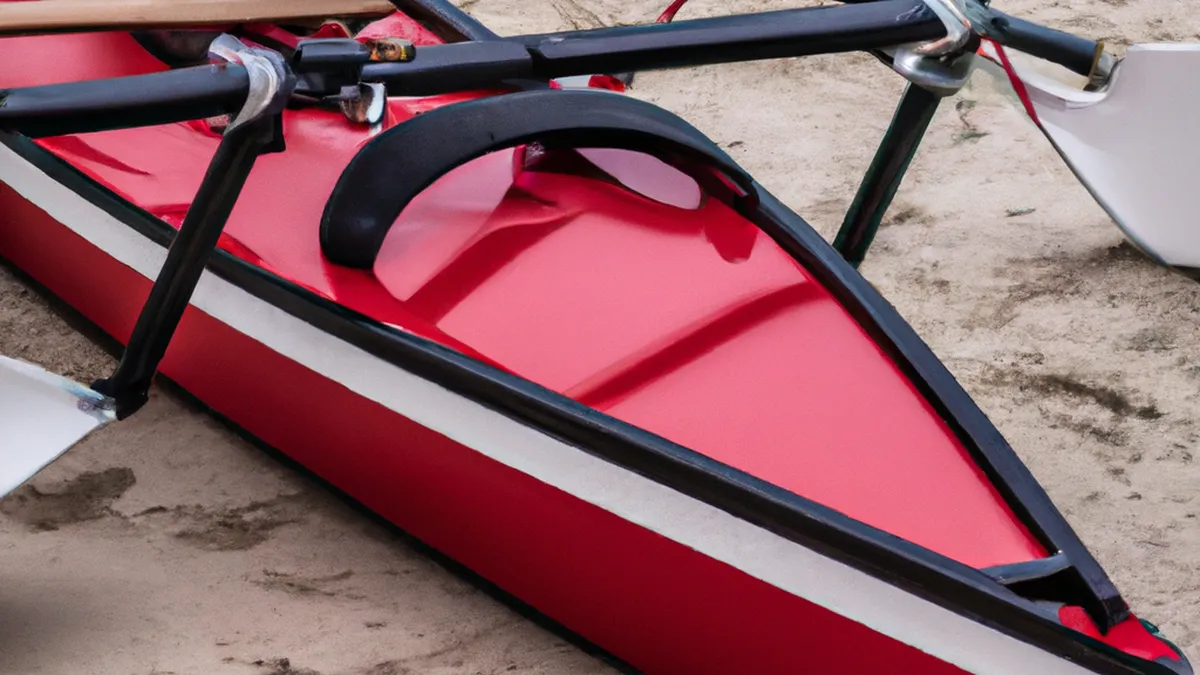Outrigger Safety: Common Pitfalls
Common Outrigger Injuries and PreventionOutrigger canoeing combines strength, technique, and teamwork. Paddlers glide over water, enjoying their strokes and crew camaraderie. However, this sport carries risks. Every paddler, novice or seasoned, should understand common injuries and prevention methods. This blog discusses common outrigger injuries, prevention tips, and the benefits of staying injury-free.
Common Outrigger Injuries
Outrigger canoeing can cause various injuries, often from repetitive movements, poor technique, or overexertion. Below are some common injuries paddlers may encounter:
Shoulder Injuries
Shoulder injuries frequently occur in outrigger canoeing. Rotator cuff tears and tendonitis often arise from repetitive paddling. Continuous pulling of the paddle stresses the shoulder. Ignoring initial pain can worsen these injuries, leading to chronic issues requiring extensive treatment.
Lower Back Pain
Lower back pain often affects paddlers, especially those who neglect proper posture. Poor body mechanics, like slouching or excessive twisting, can cause strain and discomfort. Weak core muscles may also contribute to lower back pain. Engaging the lower back muscles repeatedly can lead to fatigue and injury without proper care.
Wrist and Hand Injuries
Paddlers commonly experience wrist and hand injuries. These often result from gripping the paddle too tightly, leading to tendonitis. Repetitive paddling motions can strain joints and tendons, causing pain and discomfort. Paddlers should monitor their grip to prevent overexertion of their wrists.
Knee Injuries
Knee injuries can occur in outrigger canoeing, particularly during docking or disembarking. Sudden movements can strain ligaments or cause sprains. Good technique while entering and exiting the canoe is crucial to minimizing knee injury risks. Strength training for the legs can stabilize knees and enhance performance.
Tips for Injury Prevention
As an Amazon Associate I earn from qualifying purchases.
Gear tip: consider training pinnies, compression sleeves, and compression socks to support this topic.
Preventing injuries in outrigger canoeing requires a proactive approach. Here are practical tips to ensure safety on the water:
Focus on Technique
Good technique is vital for injury prevention. Maintain proper posture while paddling. Keep your back straight, engage your core, and avoid excessive twisting. Distributing workload evenly across your body reduces strain on specific muscles and joints. Consider taking lessons to improve your technique.
Conclusion
Understanding common injuries and prevention methods helps paddlers stay safe. Focus on technique, posture, and strength training for injury-free outrigger canoeing.
Below are related products based on this post:
FAQ
What are the common injuries associated with outrigger canoeing?
Common injuries in outrigger canoeing include shoulder injuries, lower back pain, wrist and hand injuries, and knee injuries. These often result from repetitive movements, poor technique, or overexertion. Paddlers should be aware of these risks to avoid long-term issues.
How can paddlers prevent injuries while canoeing?
Injury prevention in outrigger canoeing involves focusing on proper technique and posture. Maintaining a straight back, engaging the core, and distributing workload evenly can significantly reduce strain. Additionally, strength training for the legs and taking lessons to improve technique are beneficial.
Why is understanding injury prevention important for outrigger paddlers?
Understanding injury prevention is crucial for outrigger paddlers to ensure safety and longevity in the sport. By being aware of common injuries and implementing preventive measures, paddlers can enjoy their experience without the burden of chronic pain or injuries. This proactive approach enhances overall performance and enjoyment on the water.















Post Comment